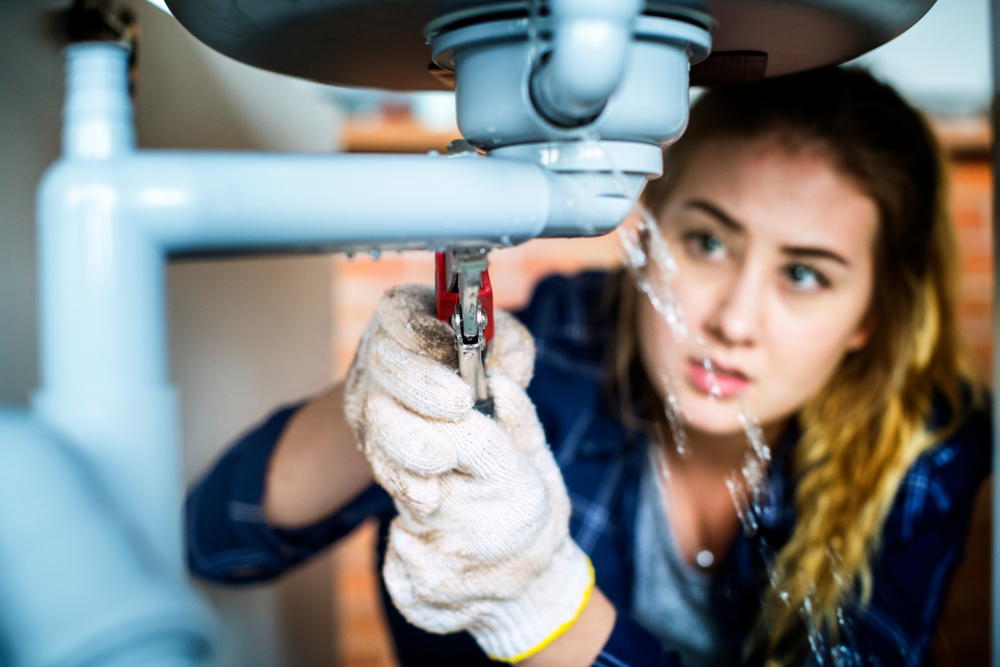For those in Industry QA, identifying the signs of hidden water leaks is a critical skill. Water leaks can cause significant damage before they become visible, leading to costly repairs and disruptions in operations. By knowing the telltale signs, industry professionals can prevent larger issues down the line. Being proactive in leak detection not only saves resources but also ensures a safer and more efficient working environment.

What Are Hidden Water Leaks?
Hidden water leaks refer to those leaks that occur out of plain sight, often within walls, ceilings, or underground. These are particularly dangerous because they can go unnoticed for extended periods, exacerbating damage. Industry QA teams must be vigilant in spotting subtle indicators that suggest the presence of these concealed threats.
Key Indicators of Concealed Leaks
Unexplained Water Bill Increases
An unexpected spike in the water bill is one of the earliest and most noticeable signs of hidden water leaks. If there are no changes in water use to account for the increase, it's likely due to a leak somewhere in the system.
Visible Water Damage
Look for water stains on ceilings or walls, as these are classic signs of hidden leaks. Even small marks can indicate a much larger issue behind the scenes.
The Sound of Running Water
Hearing water running when no taps are on could signal a leak within the walls or floor. This sound is often subtle but should not be ignored as it is a clear indicator that water is escaping from somewhere unforeseen.
How Water Leak Sensors Can Help
Using water leak sensors can significantly mitigate the risks associated with hidden leaks. These devices alert you to potential leaks by detecting changes in moisture levels. For professional insights on the best leak detection devices, visit Best Leak Detection Device.
The Cost Implication of Untreated Leaks
Industry QA professionals must understand that untreated water leaks can escalate into major financial burdens. From property damage and increased utility bills to possible equipment failures, the costs can quickly skyrocket. Discover the cost of water leak sensors, which could save enormous expenses in the long run, on Water Leak Sensor Cost.
Structural Damage Risks
If left unchecked, hidden water leaks can compromise the structural integrity of a property. Walls, ceilings, and even foundations are all at risk when leaks persist over time.
Mold and Mildew Formation
Moist environments are breeding grounds for mold and mildew, which can lead to health problems alongside structural issues. Regular inspections and immediate repairs can prevent these growths from taking hold.
Utilizing Modern Technology for Leak Detection
Advancements in technology have made it easier than ever to detect and manage water leaks. Smart leak detection systems integrate with home and industrial networks to provide real-time data and alerts. For more details on how these systems operate, check out The Benefits of Smart Leak Detection Systems.
Preventative Measures and Maintenance
Regular maintenance and timely repairs are the best ways to prevent hidden water leaks from causing severe damage. This includes inspecting equipment, monitoring water bills, and using technology to assist in early detection.

FAQ Section
Are hidden water leaks common in industrial settings?
Yes, given the complex plumbing and equipment often found in industrial environments, hidden leaks are quite common and require regular inspections.
What tools can help detect hidden leaks?
Water leak detection devices and moisture sensors are among the most effective tools for spotting concealed leaks. For guidance on where to purchase these devices, visit Where to Buy Water Leak Detectors.
How often should we check for leaks?
Routine inspections should be carried out frequentlymonthly checks are ideal. Consistent monitoring helps catch leaks before they become problematic.






